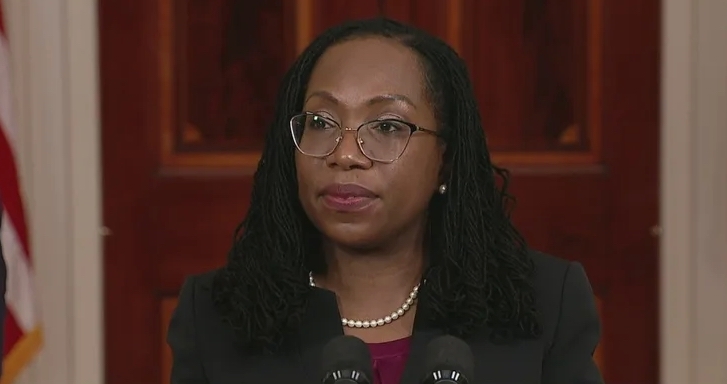Jenna Silber Storey and Benjamin Storey argue for a new approach toward political speech.
It’s always hard to listen to opinions with which one disagrees, but it seems especially difficult for Americans today. Two contrary approaches have emerged to deal with this problem: One argues that the boundaries of speech should be wider; the other argues that the parameters should be narrower. Neither, however, addresses the main reason it’s so difficult for us to engage with different opinions today: our widespread anxiety in the face of social divisions that are profound and ever deepening.
Those who call for stronger protections for free speech often draw on English philosopher John Stuart Mill to remind us that, since no one knows the whole truth of things, we should encourage engagement with dramatically different points of view and ways of living. …
… But insisting on free speech alone can paradoxically breed echo chambers, as human beings use their liberty to seek out the like-minded and affirm their biases. This makes it harder to listen to divergent opinions and deepens our social divisions.
Recognizing that simply protecting speech can bring about these results, others argue for authoritative limits on public debate. …
… Fortunately, we have a particular mode of speech that was developed to address such paralysis: political speech.
Such speech is not just any kind of talk about politics. It asks and answers a specific question: “What shall we do?” Its aim is not speculative inquiry or self-expression, but the proposal of a possible course of action in which all might plausibly join. It addresses itself to the community, and assumes that its other members will have a say — that they are fellow citizens who must be persuaded to act. In so doing, it opens the speaker to the response of his auditor, summoning all parties forth from their passivity and engaging them in common work that often transforms their self-understanding.


